It’s no secret that when it comes to geopolitics, the world often appears divided into distinct camps with the East pitted against the West and the North facing off against the South. However, one of the enduring and most prominent rivalries in this global power play remains the US versus Russia. These two giants have consistently been at odds even when they surprisingly find common ground as they do today in the case of supporting innocent, ordinary Palestinians. Despite their shared concern, Washington’s historical focus on Moscow persists, highlighting the enduring animosity between the United States and Russia.
Washington may currently view Beijing as the most significant global threat and there are compelling reasons for that assessment. Nevertheless, the US has always reserved its most potent criticism and condemnation for Moscow. This dynamic persists even when the two nations, on rare occasions, find themselves aligned, such as their joint efforts to provide humanitarian aid to Gaza. The situation underscores how the US-Russia rivalry endures as a central theme in contemporary geopolitics with a strong focus on Moscow despite other pressing global concerns.
“According to the order of the President and the government of the Russian Federation, humanitarian aid is being provided to the residents of the Gaza Strip. Aviation of the Russian Emergency Ministry will deliver 27 tonnes of food products. Humanitarian aid will be handed over to representatives of the Red Crescent Society for delivery to the residents of the Gaza Strip,” says Russian Deputy Emergency Minister Ilya Denisov.
UNSC: A diplomatic battleground
The current mess in the Palestinian-Israeli conflict is often attributed to Hamas, a Palestinian terror group. Despite the US and Russia agreeing that Hamas is not representative of all Palestinians and expressing their desire to protect innocent Palestinian civilians, they cannot reach a consensus on how to achieve this. Instead of uniting, Washington and Moscow are engaged in a diplomatic battle with the latest battleground being the United Nations Security Council. Russia aimed to pass a resolution to establish a humanitarian ceasefire allowing ordinary Palestinians to escape the constant bombardment in North Gaza and receive aid in the South. Unfortunately, the Russian resolution was vetoed resulting in strong objections from the Russian side.
Quick Reads
View All“We believe that today’s vote in the Security Council is very is very demonstrative. It clearly shows who is in favour of a truce to stop of indiscriminate bombing and the provision of humanitarian assistance. And the and who is still in favour of blocking a single common message from the Security Council for purely selfish interests and political interests,” says Vassily Nebenzia, Russian Ambassador to the United Nations.
Passing a resolution through the United Nations Security Council is no simple task given the composition of this international body. The UNSC consists of 15 members, including five permanent members - the US, UK, France, China and Russia. To pass a resolution, it must receive a minimum of nine votes in favour. However, even if no member votes against it, there is no guarantee of passage.
A significant challenge lies in the potential for abstentions, which can effectively block a resolution without a “no” vote. So, to get a resolution passed, the first hurdle is securing nine “yes” votes, which Russia failed to achieve in its attempt on Monday. Yet, the most significant hurdle is the veto power held by the permanent members, highlighting the inequality among members. Only these five permanent members can veto a resolution, reminiscent of George Orwell’s “Animal Farm” where some are “more equal than others”. This dynamic demonstrates that despite having 15 members in theory, it’s the five permanent members whose votes truly matter as the veto of even one of them can nullify a resolution as seen in Brazil’s recent attempt to propose a resolution to assist the Palestinian people.
The big five call the shots
Brazil’s UN ambassador and UN Security Council president for October Sergio Franca Danese says, “The result of the voting is as follows: seven votes in favor, one vote against, seven abstentions. The proposed amendment has not been adopted, having failed to obtain the required number of votes.”
The resolution’s fate hinged on one critical vote, a US veto, which ultimately led to its demise.
US Ambassador to the UN, Linda Thomas-Greenfield, says, “The United States is disappointed this resolution made no mention of Israel’s rights of self-defence.”
In response, the Russian Ambassador to the United Nations did not sit quietly. “We have just been witnesses once again of hypocrisy and the double standards of our American colleagues not standing in principle in the Security Council. They really did not want to have any solution found here. It was very obvious as to what their intentions were before us here all today,” said Nebenzia.
Moscow’s perspective underscores its belief that Washington is primarily interested in resolving crises on its own terms ruling out the possibility of any other party, not even a neutral one like Brazil, playing a peacemaking role. The recent events highlight a crucial realisation – the UN Security Council is fundamentally flawed, serving as a stage for major powers to settle their differences sidelining all other concerns. Until the Security Council undergoes a substantial overhaul, the UN will remain paralysed and those in dire need of assistance, such as ordinary Palestinians, will continue to endure suffering while global governance falters.
Views expressed in the above piece are personal and solely that of the author. They do not necessarily reflect Firstpost’s views.
Read all the Latest News, Trending News, Cricket News, Bollywood News,
India News and Entertainment News here. Follow us on
Facebook,
Twitter and
Instagram.


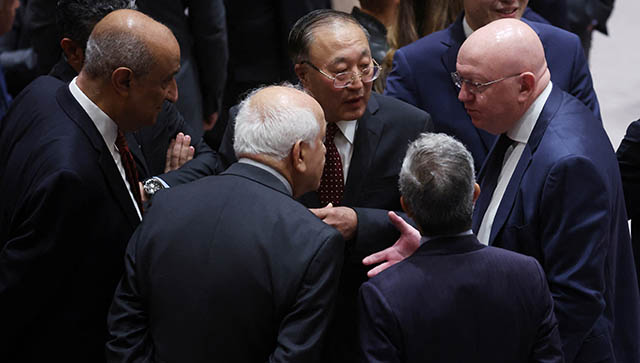)
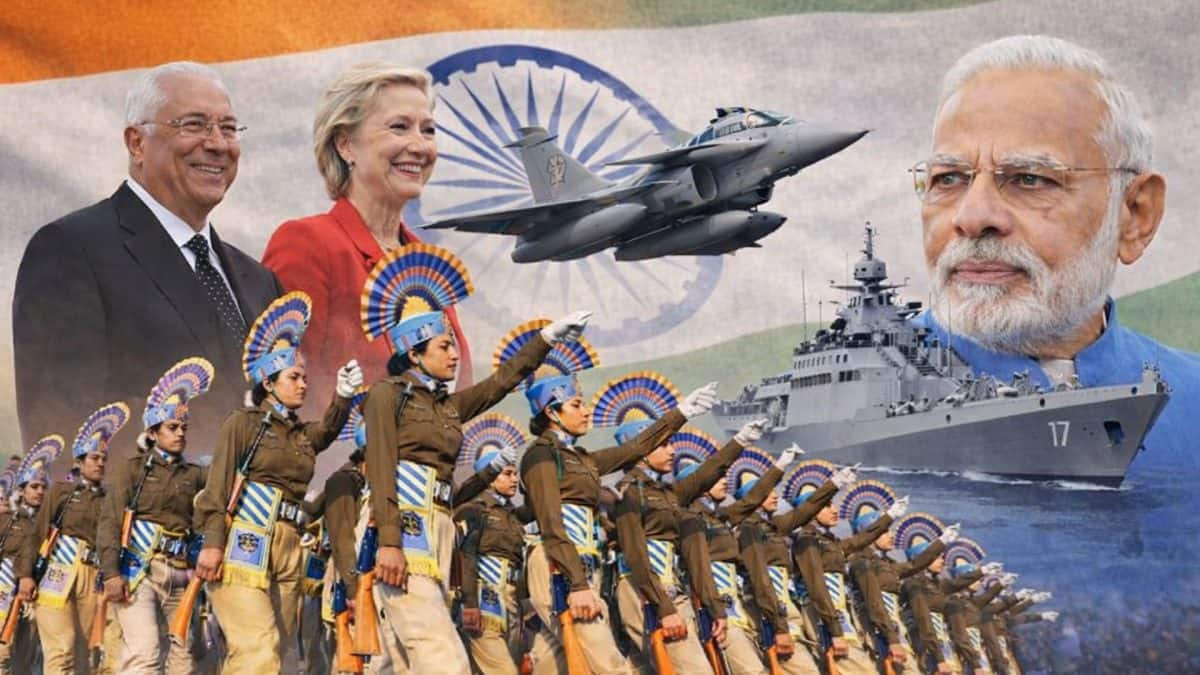
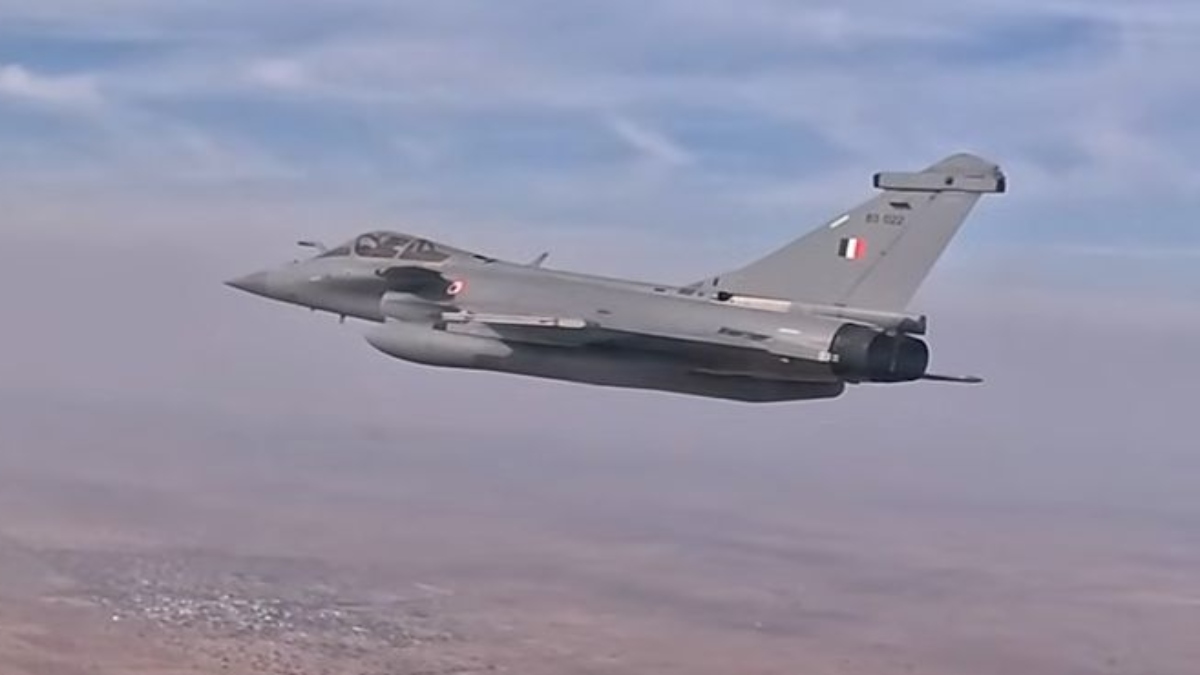)
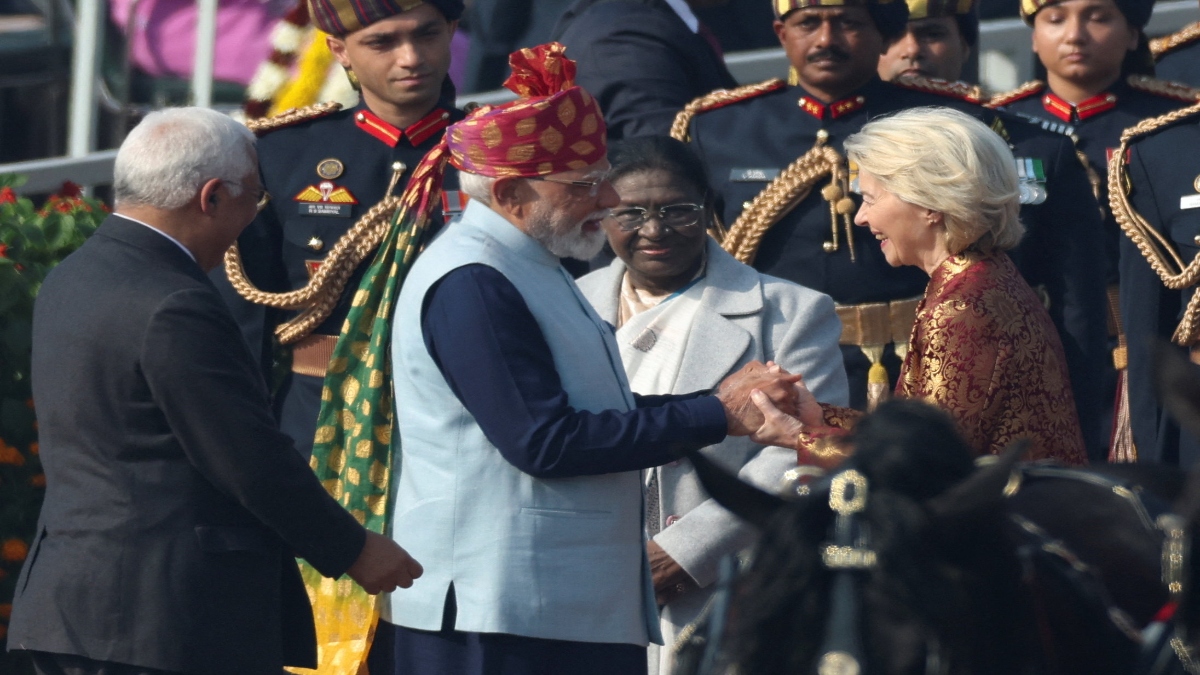)
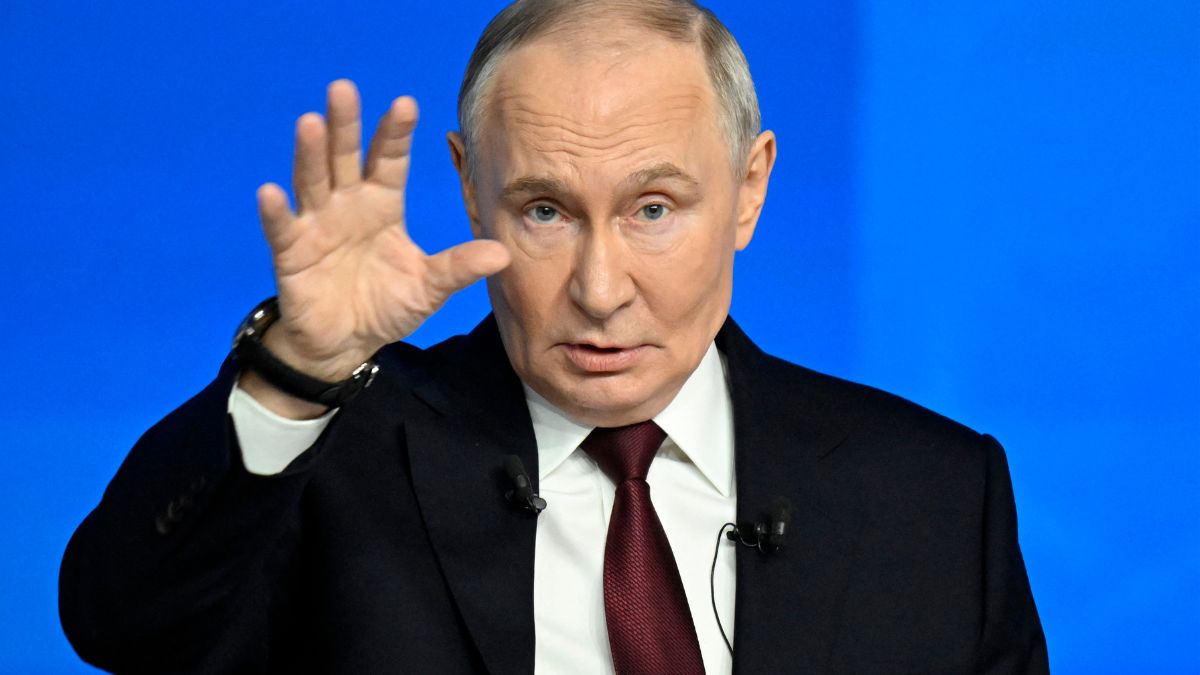)
)
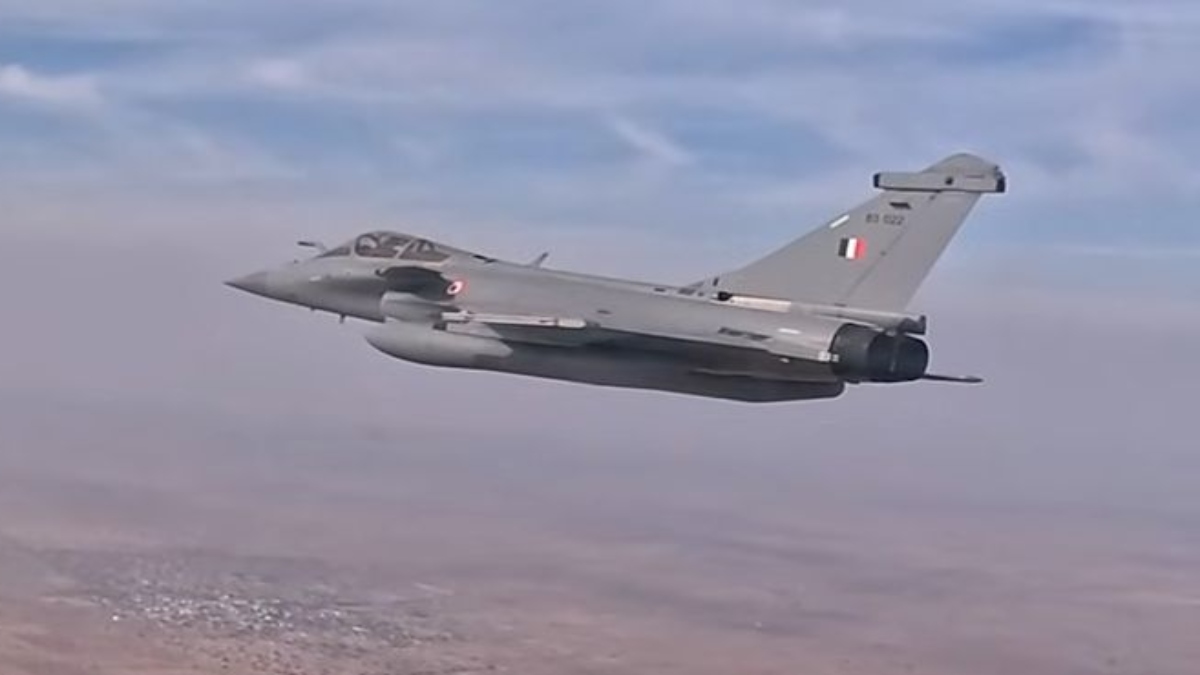)
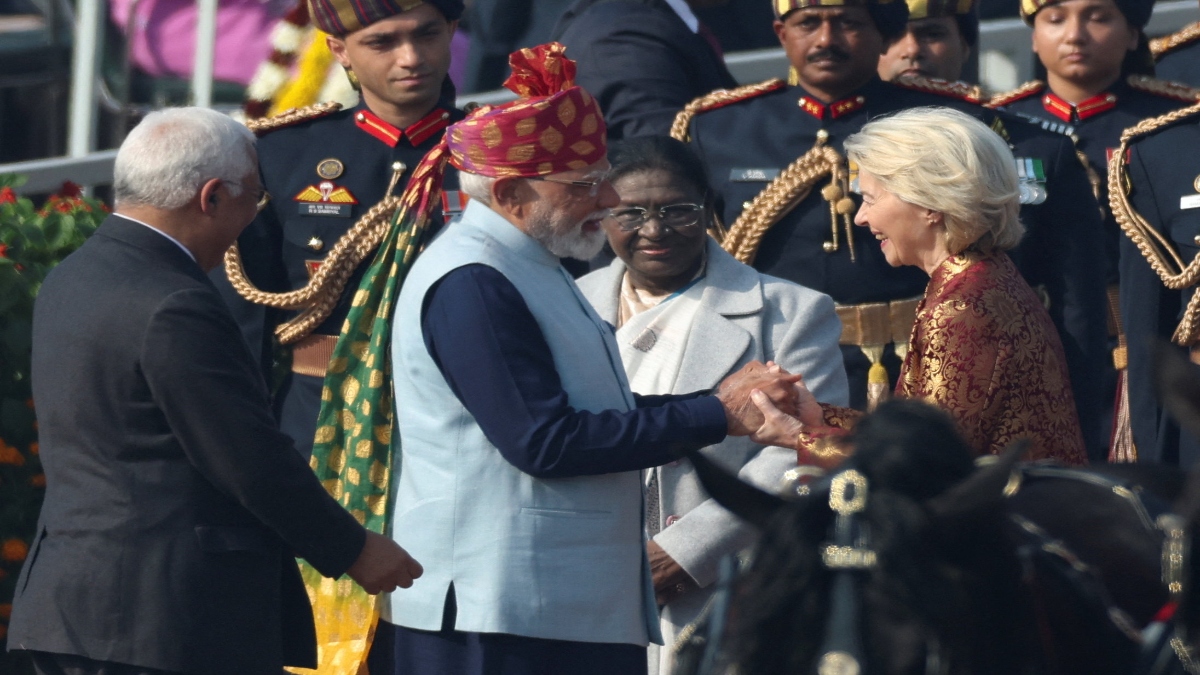)
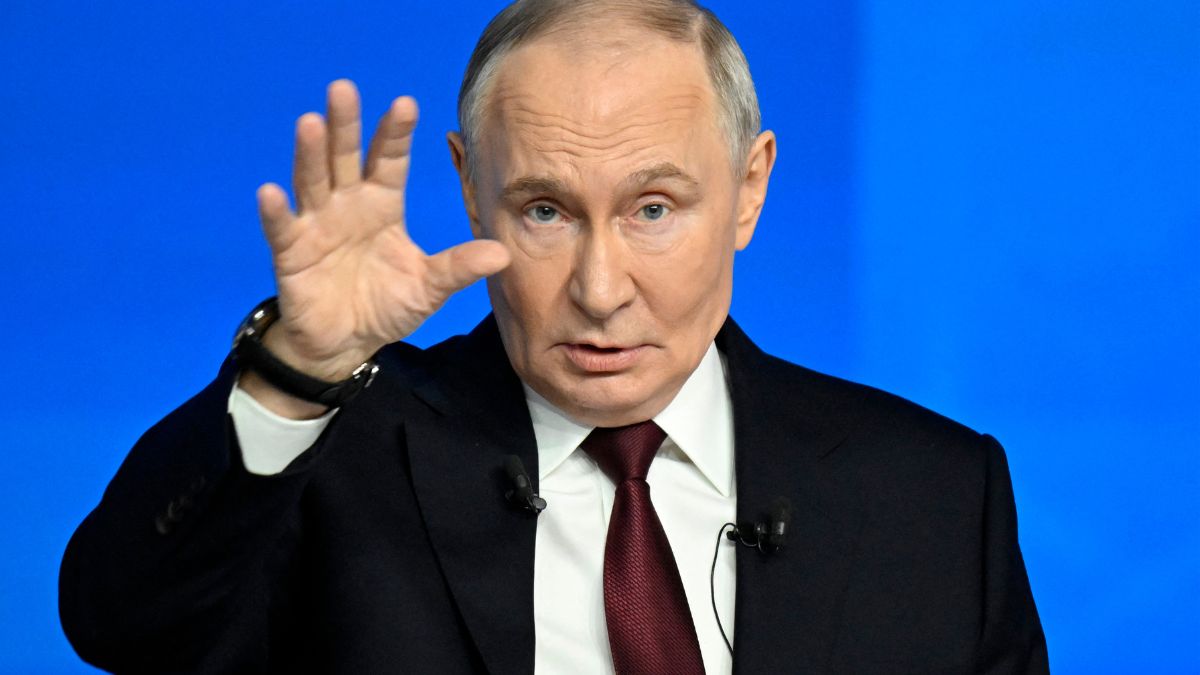)
)



